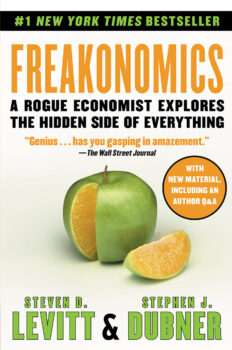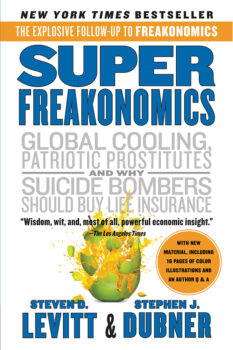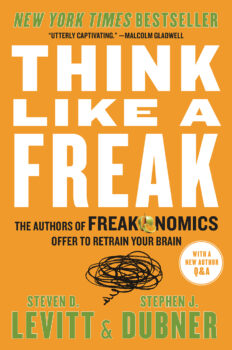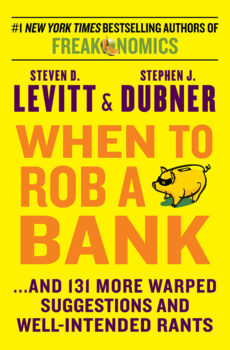Good News: We're Getting Better at Not Killing Sea Turtles
Human-caused sea turtle deaths are down 94% since 1990 because of “fisheries-specific bycatch mitigation measures.” Basically, it means we’re getting better at not catching sea turtles in giant fishing and shrimping nets. A paper to be published in the November issue of the journal Biological Conservation compiles the first cumulative estimates of the number of sea turtles unintentionally caught across U.S. fisheries between 1990 and 2007 — before and after implementation of mitigation measures. The researchers are careful to point out, however, that they cannot account for off-the-books fisheries. They write in their abstract:
Our estimates represent minimum annual interactions and mortality because our methods were conservative and we could not analyze unobserved fisheries potentially interacting with sea turtles.
Before measures were put in place 20 years ago, 300,000 sea turtles were victims of bycatch, and 70,000 were killed every year.




